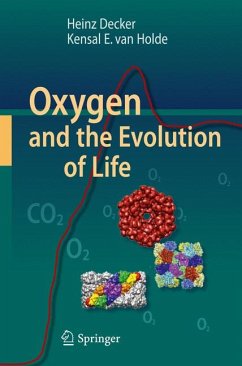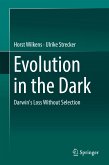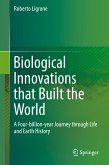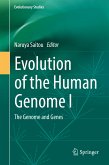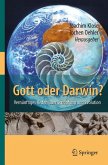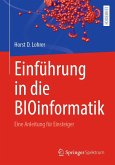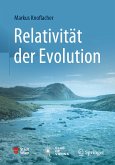This book describes the interlaced histories of life and oxygen. It opens with the generation of the element in ancient stars, and its distribution to newly formed planets like the Earth. But free O2 was not available on the early Earth, so the first life forms had to be anaerobic. Life introduced free O2 into the environment through the evolution of photosynthesis. This must have been a disaster for many anaerobes, but others found ways to deal with toxic reactive oxygen species. Some even developed a much more efficient oxygen-based metabolism. The authors vividly describe how the introduction of O2 into the atmosphere and oceans changed world chemistry, and allowed the burst of evolution that created today's biota. They also discuss the interplay of O2 and CO2, with consequences such as worldwide glaciations and global warming. On the physiological level, they present an overview of oxidative metabolism and O2 transport in animals and the importance of O2 in human life and medicine, emphasizing that while oxygen is essential, it is also related to aging and many disease states.
Dieser Download kann aus rechtlichen Gründen nur mit Rechnungsadresse in A, B, BG, CY, CZ, D, DK, EW, E, FIN, F, GR, HR, H, IRL, I, LT, L, LR, M, NL, PL, P, R, S, SLO, SK ausgeliefert werden.

